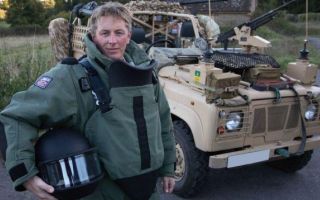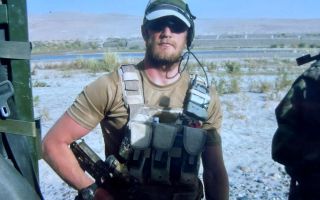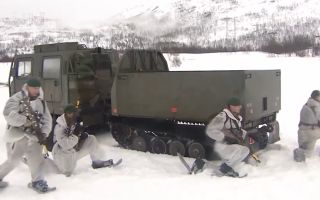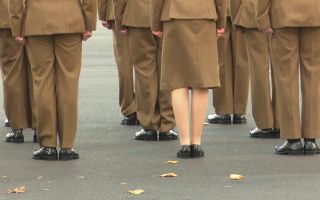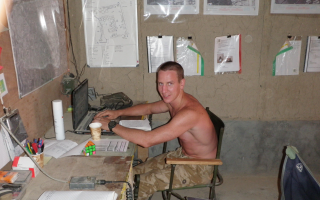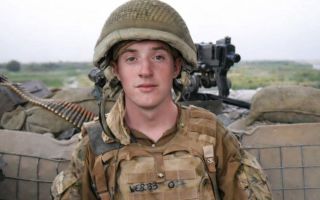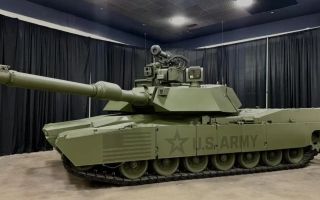Apprentice's Mark Moseley: Civilian employers are missing out by not hiring veterans
Former candidate on The Apprentice and British Army veteran Mark Moseley believes many civilian employers don't realise how talented former service personnel can be and that they're missing untapped potential by not hiring them.
The founder of pest control business Pest Gone Environmental employs veterans, military spouses and civilians because he can see the value in employees from all backgrounds.
Using his own varied military career as an example, he said: "All these skills that people just don't even think about and how the military is so adaptable – one minute being an electrician to the next minute being a firefighter, the next minute clearing a minefield then... doing an operational tour in Afghanistan."
However, Mr Moseley – who made it to week eight of the BBC's The Apprentice before being fired by Lord Alan Sugar – says it's tough to find veterans to join Pest Gone Environmental because the former service personnel he meets are always aspiring to create their own businesses.
The former Royal Engineer, who carried out tours in Northern Ireland, the Democratic Republic of Congo and in Afghanistan during his nine years of service, finds employers who only look at a veteran's qualifications on paper "ridiculous" because they are only scratching the surface of the potential talent available to them.
They're not taking extra time to look at everything the potential employee could offer which, Mr Moseley feels, is a wasted opportunity.
He said: "You could be a storeman and people think, 'ah, it's just a storeman' but at the end of the day, you were looking after... up to £1,000,000 worth of kit and you had to make sure this was delivered on time, you had to make sure it was all serviceable, it was all working.
"It's 10 jobs in one."
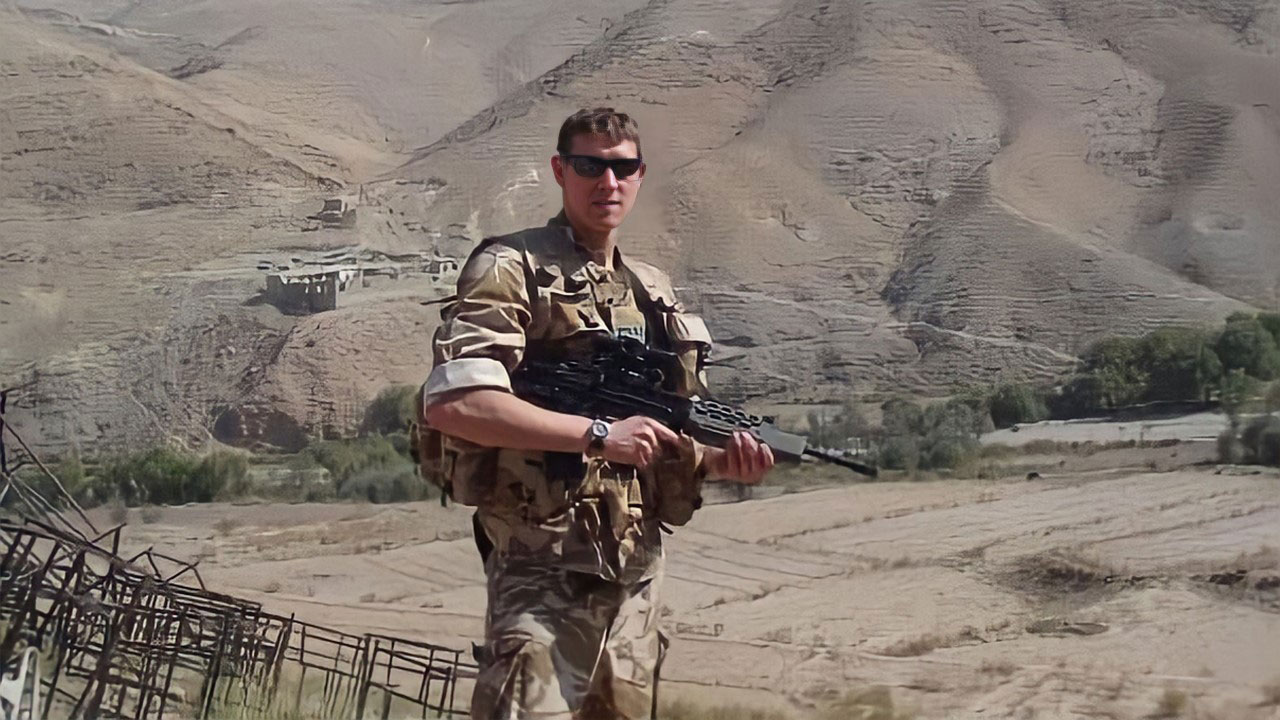
His experience on The Apprentice reinforced in his mind how a military career can give veterans an edge when it comes to running a business.
As Lord Sugar says on the show, Mr Moseley believes timekeeping is the "biggest thing" in any industry which is something a military career drills into you from day one.
He said: "Right time, right place, right kit... but people just turn up late, it's unbelievable how often I see it.
"This just doesn't happen in the military world because if it did people would know about it.
"There's a whole host of attributes that veterans have that people just don't ever think about and it doesn't even get highlighted that much."
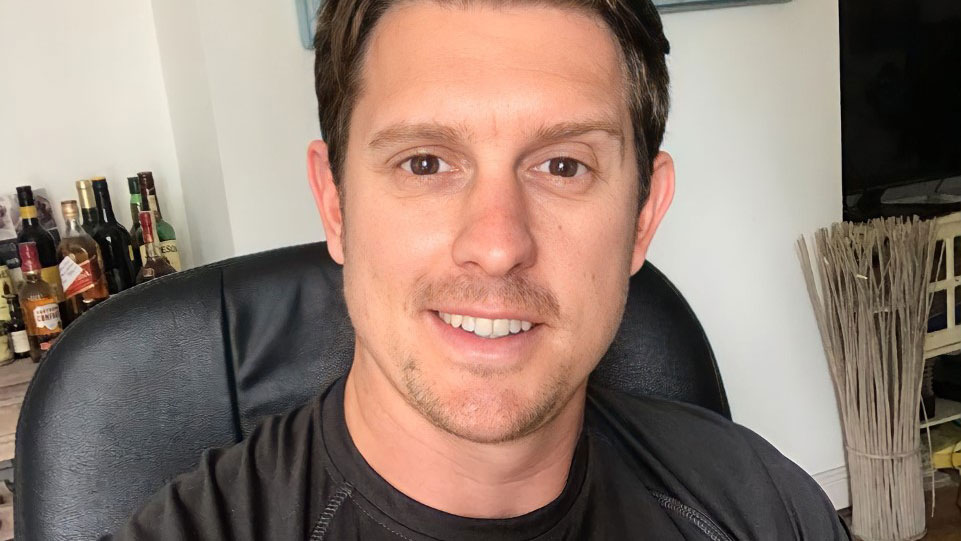
Something that bothers Mr Moseley is when some civilians assume all veterans leave the Armed Forces with mental health problems.
He once met a woman who, after discovering he was a veteran, said "oh you were in the army, you must have mental health problems".
The business owner is saddened by the negative stigma attached to veterans.
He said: "People think we're like John Rambo, killing everyone left, right and centre because you've said you've been on tour in Afghanistan and the reality of the situation it's not that.
"Yes, they get shot at a few times and you return fire, but it was never what the public you know persona seems to be of, if you come back from an operation, you must have done some nasty things and seen some things that's gonna affect you for the rest of your life."
The business owner is acutely aware from his own experience that veterans transitioning to civvy street often miss having a purpose and being part of a team – things that have started to define their identity since the start of their service.
Working a basic nine to five job in an office where every day is the same can't always scratch that itch for veterans.
They're used to being part of a tight team with a task so, just like Mr Moseley's experience, starting a business feels like the logical next step for many service personnel leaving the Armed Forces.
He said: "Because then you get a team around you, you feel as though you've got this purpose because you've got to pay people, you've got to supply jobs, you've got to help Mrs Smith down the road with her mouse and get the guys out so you feel as though you've got that purpose and identity again.
"I've seen it with my friends and I've been in that situation myself and just, you know, it's horrible."
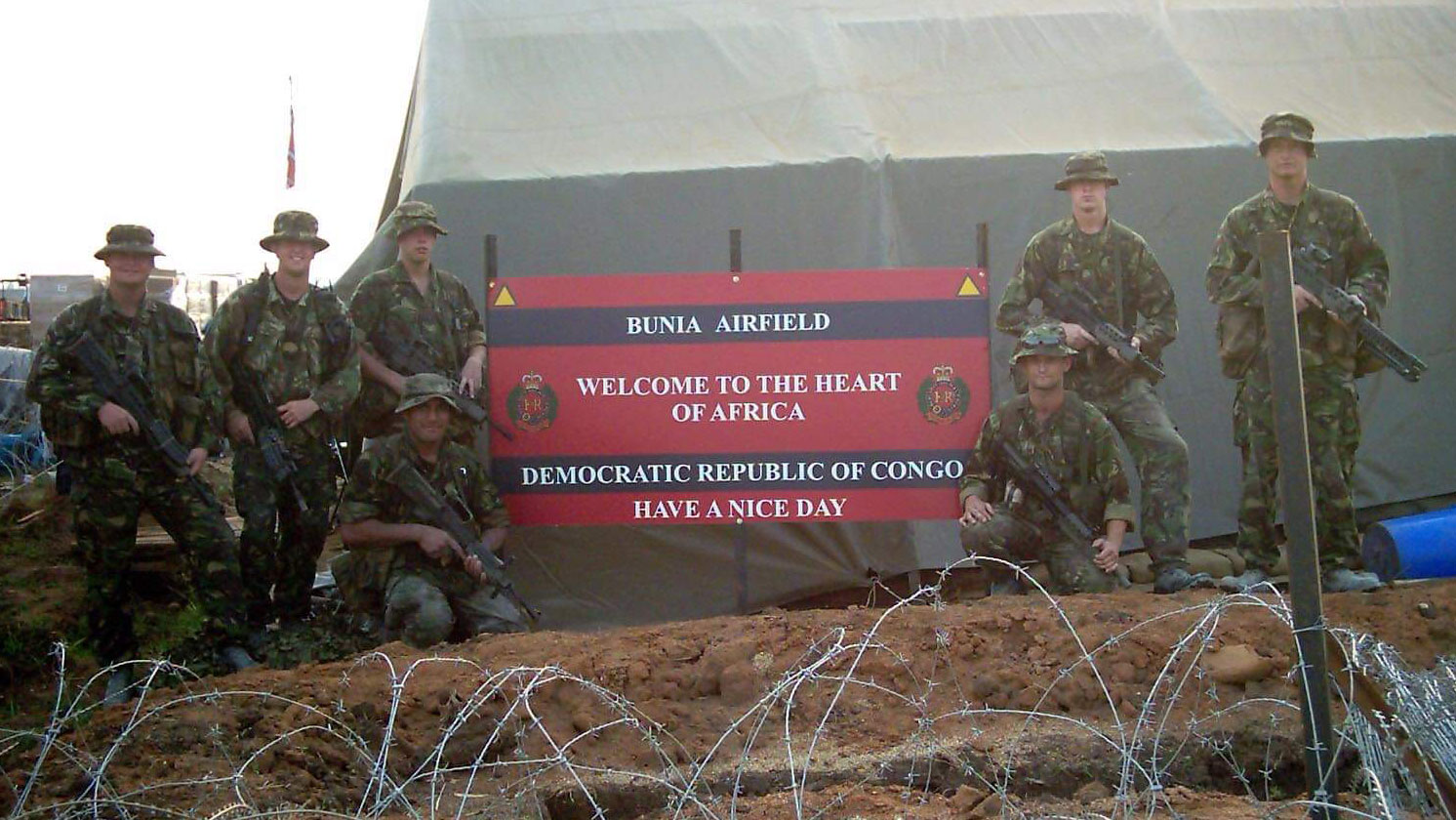
Mr Moseley joined the British Army in 1999 and it was during basic training that he met the man who was to encourage him to start his own business – Michael Coates, the co-founder of Combat Pest Control, a company that hires veterans, and host of the podcast called Declassified.
After leaving the British Army, Mr Moseley became an electrician at RAF Marham but then, in an attempt to not get stuck in a job that didn't satisfy him, he applied for an engineering security job in the Middle East.
He said: "I flew all over the world doing it. Anywhere where there was a bit of trouble and they needed security products I was flown out."
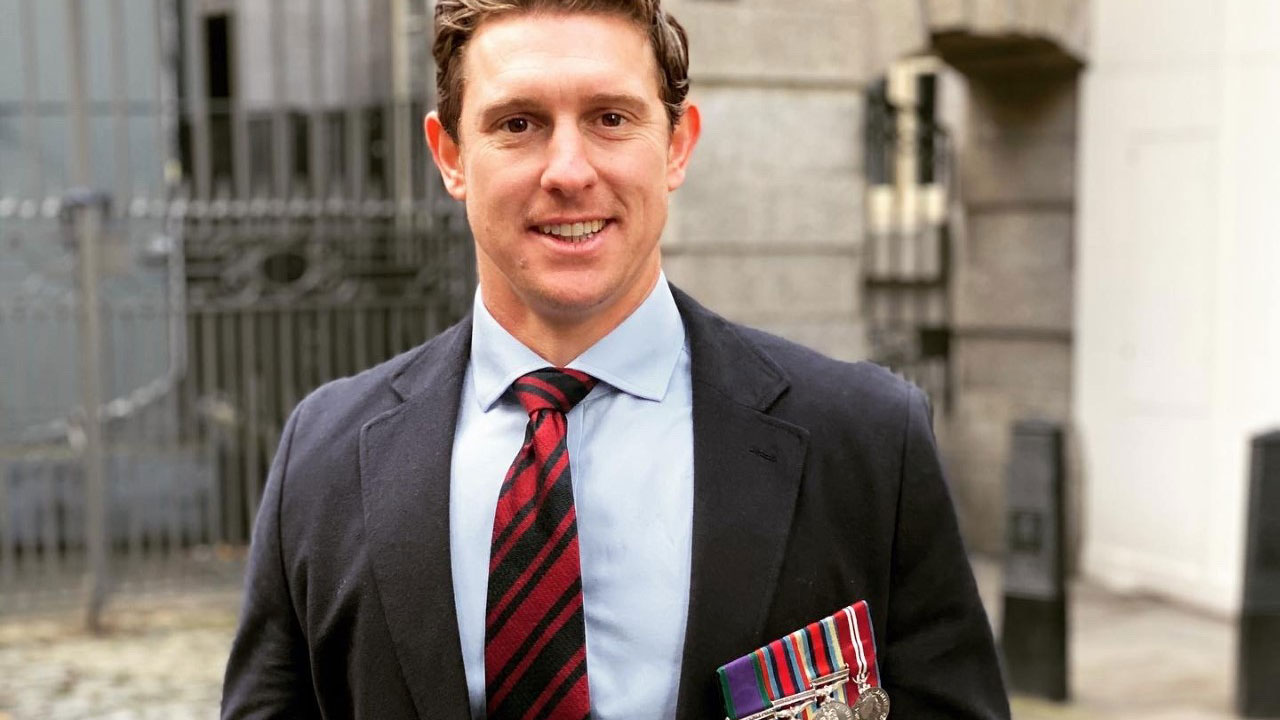
But, after five years, Mr Moseley decided it was time to settle roots back in the UK and, after a year spent at Combat Pest Control learning the ropes, set up his own business in 2017.
It was a move that, five years later, saw him filming for The Apprentice – a show where ambitious and business-savvy candidates battle it out for a £250,000 investment from billionaire boss and The Apprentice host, Lord Sugar.
On the show, Mr Moseley discovered he wasn't suited to the "throw you under the bus" tactics the producers of the show were keen to see candidates using.
It went against everything he learnt from his military career.
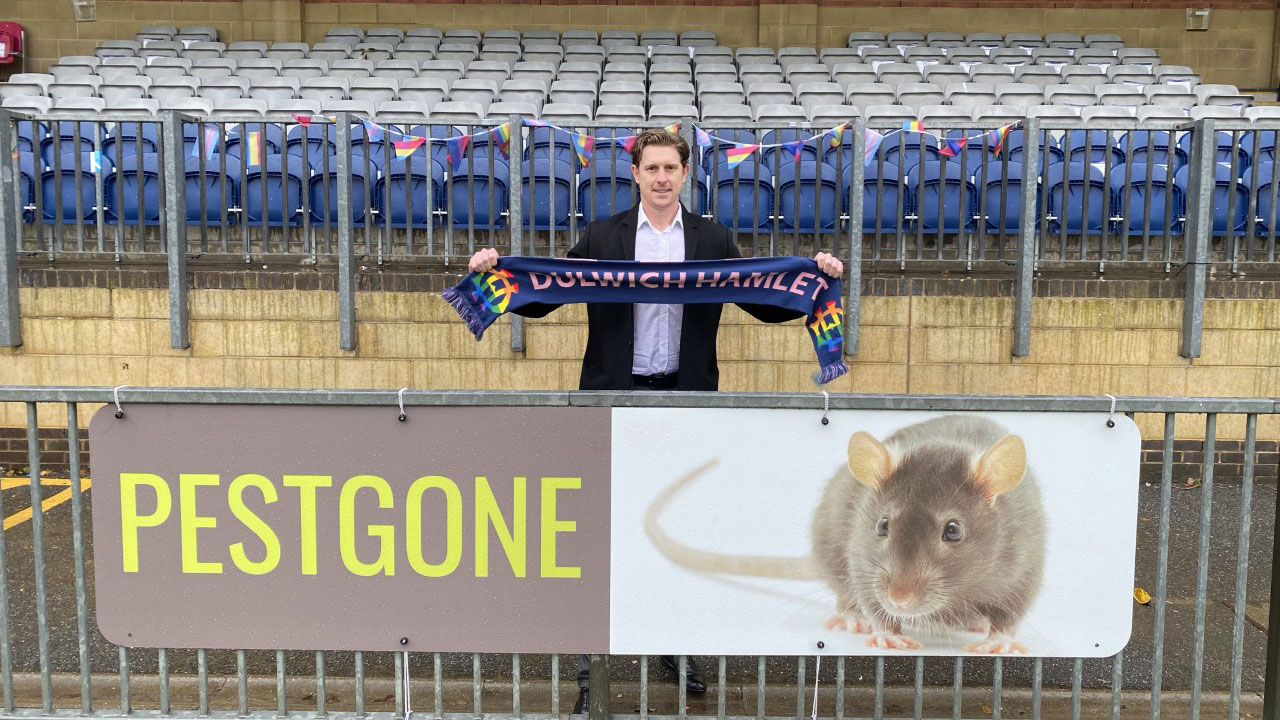
While his Armed Forces training often left him feeling calm in stressful Apprentice tasks, Mr Moseley felt as though the producers wanted people to "panic, flap, throw people under the bus and that just wasn't me".
The veteran says he got on the show by playing the role of a "cheeky chappy" in the audition but, by the time the show started filming, he was determined to take the opportunity seriously and so perhaps wasn't the most entertaining candidate.
He said: "In one of my first interviews they said, 'what happens if you and Lord Sugar have a disagreement?'.
"I said, 'this is what we'll do. We'll tell everyone in the boardroom to leave, we'll put the kettle on and after five minutes we'll agree that I was right in the first place and that got a bit of a laugh.
"I think [my military training] put me in good stead just to remain calm and I don't think that makes great TV – someone trying to remain calm and trying to set everything in place."
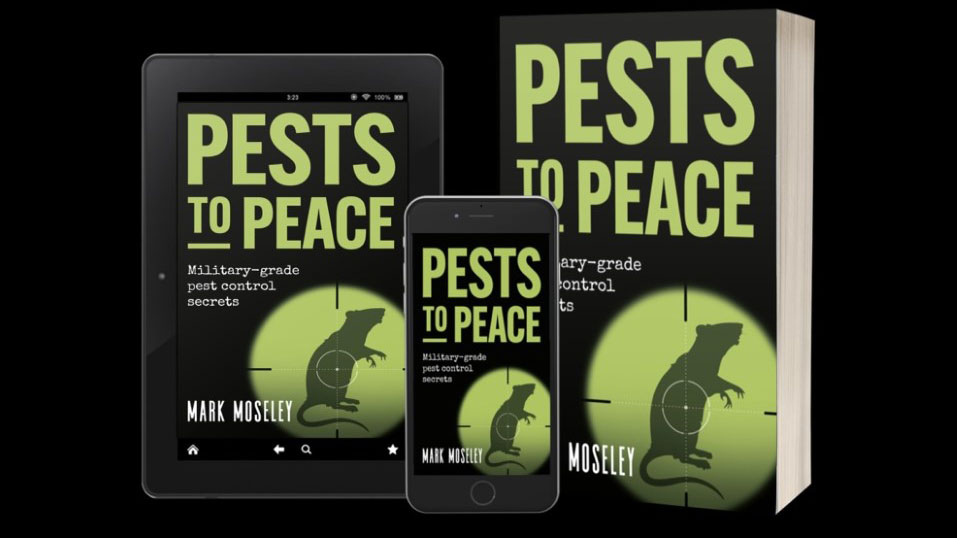
It does, however, help if you want to set up your own successful business and, perhaps, write a book detailing what you have learnt along the way.
The book Pest To Peace: Military-grade pest control secrets is Mr Moseley's six-step process to get rid of animal or insect infestations woven in with anecdotes from his military career.
The "field manual for tackling pests" will help you:
- Establish whether you have a pest problem and what kind of enemy you are facing.
- Identify where the pest enters the premises and what attracts it.
- Take immediate action to gain control of the situation and contain the problem.
- Quickly implement the most effective long-term pest control solution.
- Win the war and live pest-free for life.

